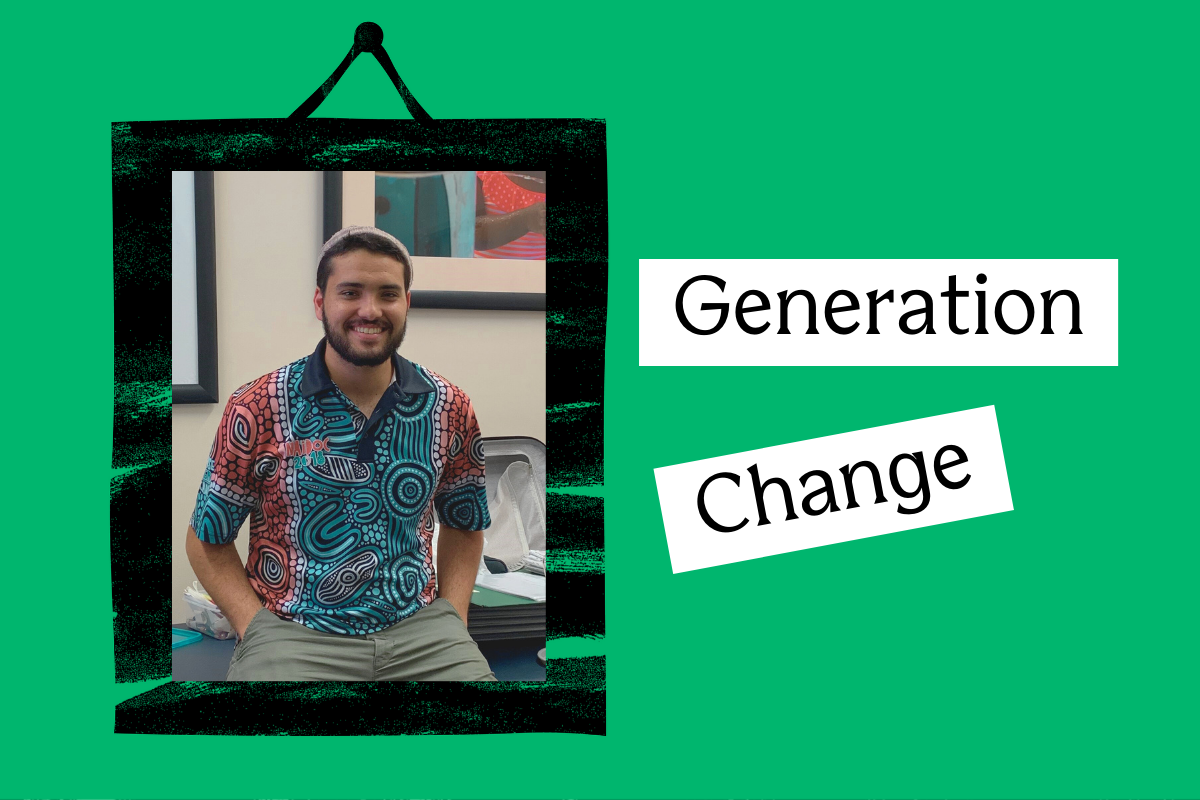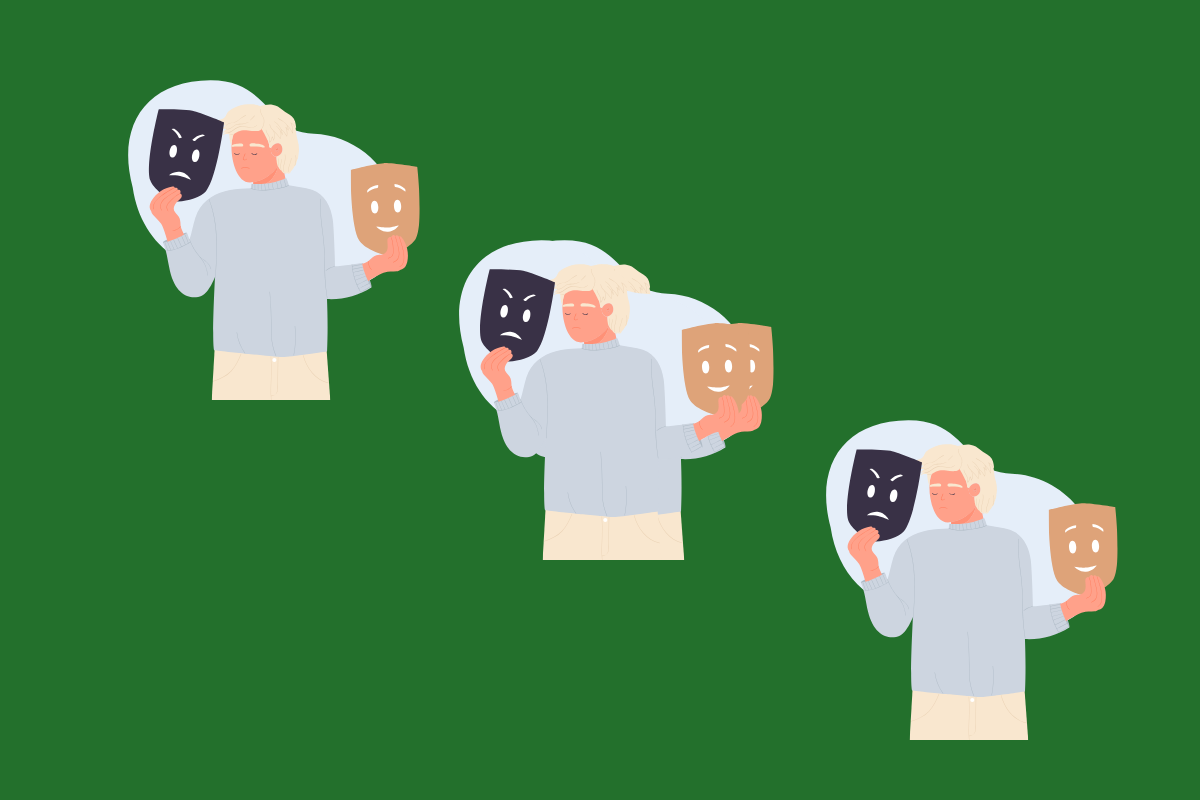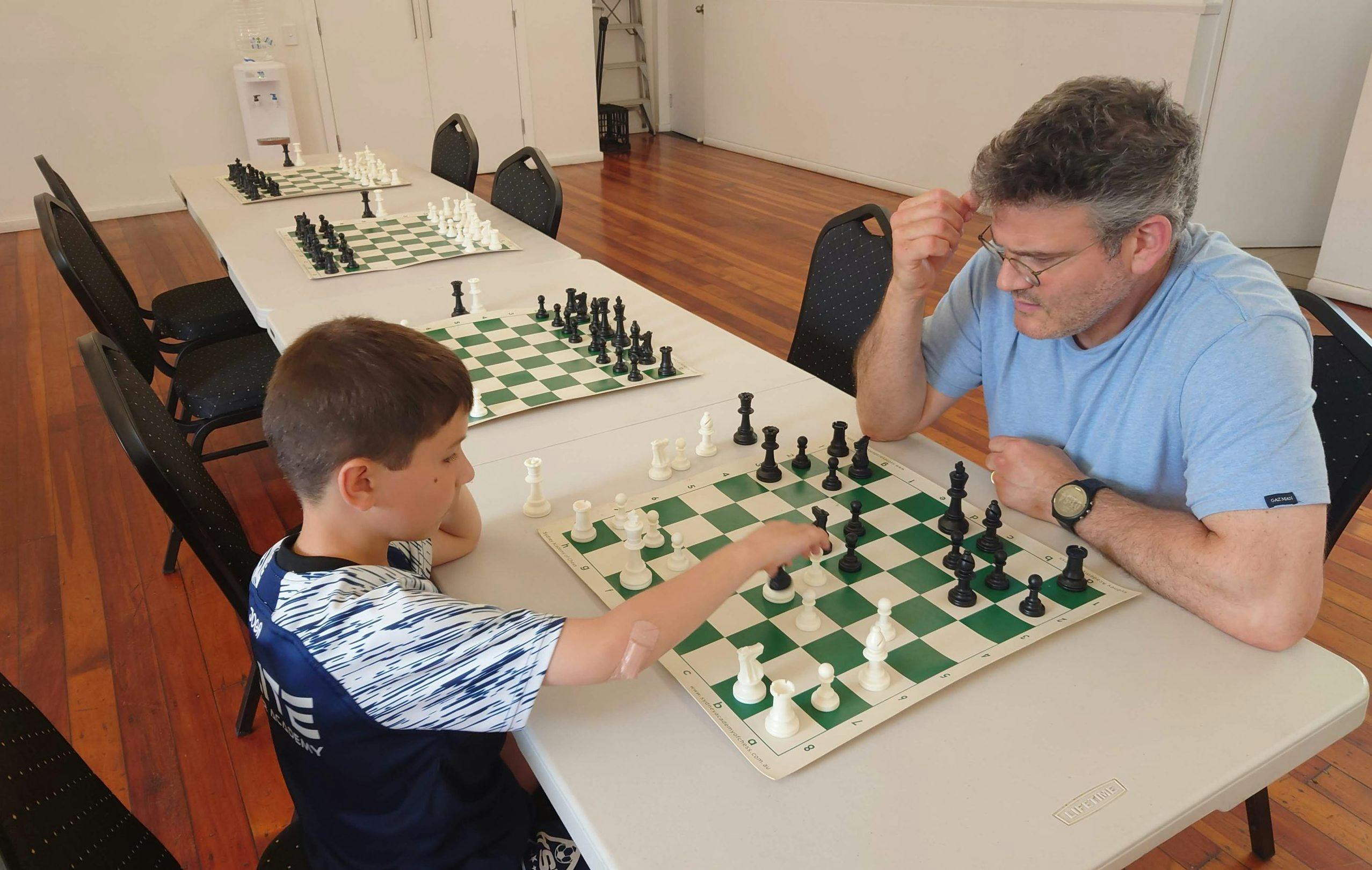Published: 5 December 2023
Last updated: 5 March 2024
I waited, and waited, for a peep from my non-Jewish sisters. Finally, last Friday, a statement; the time lapse exposed a deep and silent antisemitism.
In my first year at university I read Tilly Olsen’s seminal book Silences, which exposed the historical censorship of women’s literary voices. That’s when I understood my life’s work was to speak into the denials, omissions, absences and struggles for women’s existence under patriarchy.
Systematic gender-based violence, along with poverty and denial of education, are the cornerstones of women’s inequality. But of these, it is the violence that knows no privilege or grants any exemptions – it cuts across all divides. Our rights to self-determination are always up for grabs by the next wave of male-controlled silencing, which has at its core, the impulse to femicide.
American feminist Andrea Dworkin named it “the universal religion, contempt for women”.
Yet, this held a strange optimism for me, because it meant that no matter our intersectionalities, women could stay connected to one other. We all know what it is to fear male violence, despite the walls erected by patriarchy, colonialism, capitalism and other paradigms we have had no part in creating.
I worked for many years as a women’s rights advocate in South Africa. I set up Tshwaranang Legal Advocacy Centre to end violence against women. I sat on a Law Commission to draft new domestic violence legislation and participated in the focus group that worded the clause in the South African Bill of Rights enshrining every person’s right to freedom from violence.
I indentured my life to the “sisterhood” – every flicker of it - and have lived in its timeshare my whole life.
For me, there is no woman or child who falls outside of this line of safety. Since then, I have stood sentinel at the gates of this imaginary City of Joy, which also happens to be a real place in the Democratic Republic of Congo where survivors come to rebuild their lives.
It has been a shock to realise that there is no sisterhood that includes Jewish suffering.
I have always trusted this as a sacred path, believing that it is in these spaces of commonality, that women’s leadership will emerge to challenge the power structures that define our existence.
But all this changed on October 7.
One needs some kind of courage to learn the details of what was wrought on Jewish bodies in the terrorist attack by Hamas. A carnage so deeply misogynist, international feminist organisations could have rallied a universal revolution. Imagine the power of all women pulling together in a primal roar: WE WILL NOT STAND FOR THIS.
Then we waited.
Surely, any minute now women’s organisations would condemn, demand justice, be our voice?
For eight weeks, not a single international women’s organisation spoke up.
It has been a cold hard dawning.
I have never been one to draw lines between Jewish and non-Jewish sister allies.
But here is where I have learned a deeper truth about silence – this time, my own.
As I look back on my years in feminist advocacy, I am ashamed to find my own failures to speak up when confronted with what I now understand was antisemitic sentiment dressed up as "anti-Zionist" rhetoric. I let it pass. I thought it didn’t matter.
It has been a shock to realise that there is no sisterhood that includes Jewish suffering. This silence causes secondary traumatisation described by psychologist Jennifer Freyd in 1994 as “institutional betrayal”, where wrongdoing is perpetrated by an institution, in this case, my feminist homeland.
It is a form of betrayal trauma, where an injury is inflicted by someone we trust or rely upon for support or survival. It includes failure to prevent or respond supportively to wrongdoing. Abusive behaviour is normalised, covered up or victims are punished (as happens routinely in the military, universities, the legal and healthcare systems).
Not only does it compound the trauma of the initial violence, it deeply undermines the ability of survivors to recover.
Are Jewish women’s accounts so unbelievable despite footage and witness accounts?
Many of the women who were raped on October 7 did not survive, so it is those of us left to witness their violation who are the “survivors”.
Part of survival is to seek meaning and I have been struggling to understand the silence of women’s organisations. Is it the credibility of the victims? Are Jewish women’s accounts of what happened so unbelievable despite footage and witness accounts? Despite the foundational principle of feminism that victims are to be believed, these accounts seem to be doubted as part of “IDF propaganda”.
Or are the atrocities diminished by the “context”, namely seen as part of a “liberation struggle” by Hamas? Yet in all other contexts, international women’s organisations have always denounced rape as a legitimate form of resistance.
Perhaps these organisations are simply unable to include Israeli and Jewish women in the narrative of what they are fighting for. Mutilated breasts, bloodied vaginas and torn open pregnant stomachs of Jewish women are deemed part of the “patriarchal oppressive colonial state of Israel” and the power of the IDF. Such bodies cannot be “victims”.
are the atrocities seen as part of a 'liberation struggle' by Hamas?
Jewish pain has been erased and silenced. Our injuries, cancelled.
Finally, last Friday, December 1, UN Women issued a statement, after much pressure from Israeli groups. But the timing after such a telling lapse, has exposed the deep and silent antisemitism that sits like a virus at the heart of this septic, partisan form of feminism.
My hope is that the Israeli campaign MeTooUNlessURaJew and WeToo will seed a new sisterhood, built on the ruins of this betrayal. As the stories of the violations to Jewish female bodies blast through the muzzled, belated pittance of a response, they reveal the complicities and cowardice of these corrupted institutions, which have lost the right to speak on our behalf. Because they failed us, they have failed all women.
Andrea Dworkin said: “Women intend to save themselves when sacrificing some women, but only the freedom of all women protects any woman.”
READ MORE
Whatever your view of the Israel-Hamas war, rape is rape. To trivialise it is to diminish ourselves (Guardian)
UN commission to investigate Hamas sexual violence, appeal for evidence (Reuters)
Photo: Jewish protesters in Paris hold placards that read, "silence Hamas rape", in November (AP/Michel Euler)



